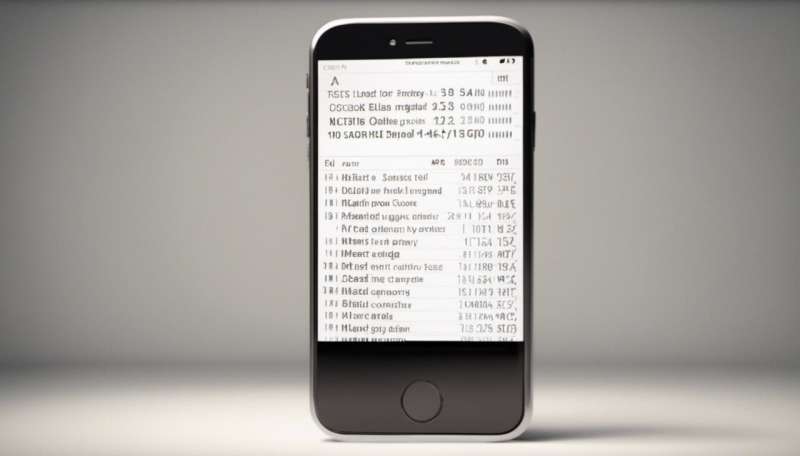ACT: New treatment option to address binge drinking behaviour

As the Christmas-New Year party season nears its peak, psychology researchers from the University of Adelaide have completed the first study of its kind into a potential treatment for binge drinking behaviour among young people.
They've found that a therapy known as "Acceptance and Commitment Therapy" (ACT), previously untested for binge drinking, could help people who need to curb their unhealthy drinking habits.
"Given the size of the binge drinking culture in Australia and the lack of response to various interventions, it's important for us to investigate a range of treatment options for this behaviour," says Ms Danielle Hamann, a Clinical Masters of Psychology student at the University of Adelaide.
ACT teaches people to identify thoughts and feelings that either push them to act against their values or interfere with them acting according to their values. ACT involves learning skills in accepting unavoidable events, uncontrollable emotions and thoughts. People learn to act in line with their values even while these thoughts and emotions occur.
Ms Hamann has conducted a study of a brief (20-minute) ACT intervention involving more than 50 binge drinkers aged 18-38 years. Each participant was followed up one month after initially taking part in the study.
"We found that the Acceptance and Commitment Therapy was effective in reducing people's binge drinking behaviours, with the overall number of drinks consumed down by almost 38% in a one-month period," Ms Hamann says.
"Other benefits of the therapy included reducing the number of drinks on people's highest drinking days (down by 41%), and the number of binge drinking days in one month (down by 34%).
"Importantly, after the one-month follow-up, there was a 28% increase in the number of people who showed a readiness to change their behaviour," she says.
Binge drinking has become a major public health concern, with violence, drink driving and accidental injuries among the many harmful results of this behaviour.
It's especially prevalent among young people - more than one quarter of Australian teenagers and one third of people aged 20-29 years regularly binge drink.
One of Ms Hamann's supervisors, Dr Matthew Smout from the Centre for Treatment of Anxiety and Depression, says: "The results of this study are encouraging, and we hope it will lead us to longer, larger studies into more effective versions of Acceptance and Commitment Therapy for unhealthy drinking patterns.
"Binge drinking is both inherently addictive and 'normalised' by the culture, which makes it very difficult to change before a lot of pain is incurred first. Anything we can do to add to our treatment options will be welcome," he says.















